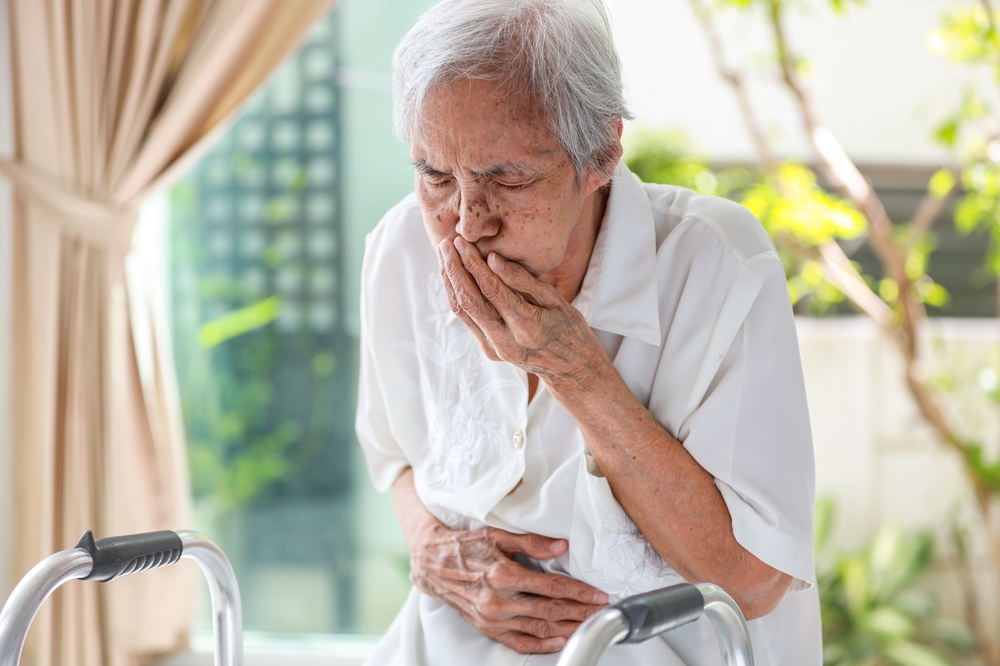Dehydration in Elderly Adults: Signs, Prevention, Recovery
Category:

Dehydration in elderly adults is a common disorder that occurs when the body loses more fluid than it takes in. The causes of dehydration in the elderly vary from person to person.
Dehydration in the elderly can be caused by medications, insufficient kidney function or simply not taking in enough fluids.
Some blood pressure medications flush water from the system. Other medications can cause diarrhea or excessive sweating which increase the risk of dehydration in the elderly.
Early symptoms of dehydration are easy to overlook, especially if the elderly person lives alone.
The amount of fluid in our bodies decreases as we age. Elderly people often have a lowered thirst response and do not realize they are dehydrated until they experience serious symptoms. If you feel thirsty, you are already in the beginning stages of dehydration.
Preventing Dehydration in the Elderly is Not Complicated
-
Drinking plenty of fluids throughout the day is the best way to offset dehydration.
-
Coffee and alcohol have a diuretic effect, so they should be consumed in moderation, if at all.
-
Eat fruits and vegetables and other foods with high water content as often as possible. Melons, oranges, raspberries, peaches, cucumbers, cantaloupe, tomatoes, lettuce, celery, soups, jello, fruit juices, and yogurt are excellent choices.
How Quickly Can an Elderly Person Become Dehydrated?
Symptoms of dehydration in elderly people can occur quickly. If you experience any of the following symptoms, you should immediately begin to rehydrate yourself.
If you’re caring for a loved one and you’re wondering how to check for dehydration in the elderly, look for these signs:
-
Dry mouth
-
Dizziness
-
Infrequent urination
-
Discolored urine (dark or brown)
-
Tiredness
-
Rapid Heart Rate
-
Muscle Weakness
Pour yourself or your loved one a big glass of water or favorite fruit juice and combine that with a slice of refreshing watermelon or a bowl of strawberries. Continue to hydrate until symptoms subside. Make it a habit to drink fluids throughout the day to avoid a recurrence.
Download a Free Guide to Home Care
Can Dehydration Cause Confusion in the Elderly?
If left untreated, dehydration can lead toserious complications. Kidney failure, seizures, swelling of the brain, confusion, delirium, and hallucinations can be the result of prolonged dehydration.
Elderly people can become confused for several reasons. Dehydration is only one of them, but if you notice a sudden decline in cognitive function, be sure to rule out dehydration as a cause of unexplained confusion.
How to Attain Recovery from Dehydration in Elderly People
Prevention is always a better option when dealing with any medical condition. Don’t wait until you’re thirsty to enjoy a beverage.
Be familiar with the signs and symptoms of dehydration and follow the steps outlined above to rehydrate yourself.
If your condition has progressed into the danger zone, you may require hospitalization or emergency medical assistance to recover. Intravenous fluids and observation to rule out serious complications or an underlying medical condition may also be necessary.
Once your condition is stabilized and your symptoms subside, the outlook is usually good. Be mindful of the early symptoms of dehydration so you can avoid them in the future.
Try to change your habits to include adequate fluid consumption as part of your daily routine. Benjamin Franklin said it best when he wrote, “An ounce of prevention is worth a pound of cure.” In this case, eight ounces would be even better… So, drink up!
Subscribe
Date: 2021-02-02
Category:


